When it comes to sustainable fashion, socks might not be the first item that springs to mind. Yet, these everyday essentials offer an opportunity to make eco-friendly choices without compromising on comfort or quality. So, what makes a sock sustainable? And more importantly, why are bamboo socks good for both your feet and the planet?
Let’s dive into the world of sustainable socks, and explore why bamboo is sustainable — and why it’s fast becoming the fibre of choice for ethical consumers around the globe.
What Makes a Sock Sustainable?
A truly sustainable sock considers its entire lifecycle: from the raw materials used to its production, wearability, and eventual disposal. This includes factors like water usage, chemical inputs, carbon footprint, worker welfare, and biodegradability. Traditional materials like cotton and synthetic fibres such as polyester fall short in several of these areas. That’s where bamboo comes in — a natural alternative that excels across the board.
Bamboo as a Sustainable Resource
The secret behind the sustainability of bamboo lies in the plant itself. Bamboo is one of the fastest-growing plants on Earth, capable of growing up to a metre a day in the right conditions. It thrives on rainwater alone, needing minimal water usage compared to cotton, which can require over 20,000 litres of water to produce just 1kg.
Even better, bamboo grows without the need for harmful pesticides or fertilisers, making it a naturally organic and chemical-free crop. It can grow on marginal land, reduces soil erosion, and regenerates from its own root system, requiring no replanting. This results in a high yield and low environmental impact, which is why bamboo is widely considered a sustainable alternative in the textile industry.
If you’re still asking why bamboo is sustainable, consider this: bamboo absorbs five times more carbon dioxide and produces 35% more oxygen than equivalent tree cover, making it a carbon-sequestering powerhouse.
Eco-Friendly Production Process
While growing bamboo is undeniably sustainable, the production process also matters. The most responsible manufacturers use closed-loop systems to process bamboo fibres — capturing and reusing water and solvents rather than releasing them into the environment. This significantly reduces waste and pollution, ensuring a sustainable bamboo socks production chain from start to finish.
Look for bamboo socks that are OEKO-TEX® certified or made using mechanically processed bamboo (also called bamboo linen), as these methods are less chemically intensive and more environmentally sound.
What are the Benefits of Bamboo Socks?
Beyond their eco-credentials, the benefits of bamboo socks are numerous — and these aren’t just feel-good perks. They actively improve your foot health and comfort in ways that cotton and synthetics can’t match.
-
Naturally Antibacterial and Odour-Resistant: Bamboo fibres contain “bamboo kun,” a bio-agent that helps the plant resist pests and bacteria. This natural antibacterial quality translates to socks that stay fresher for longer, making them ideal for daily wear, gym use, or travel.
-
Moisture-Wicking and Breathable: Bamboo’s structure is highly absorbent and breathable, meaning it wicks moisture away from your feet to keep them dry. Say goodbye to damp, uncomfortable socks.
-
Hypoallergenic and Gentle on Skin: For those with sensitive skin or conditions like eczema, socks made from bamboo are a game-changer. They are incredibly soft, smooth, and naturally hypoallergenic.
-
Softness and Comfort Compared to Cotton or Wool: Ask anyone who wears bamboo socks and they’ll tell you — they’re some of the best bamboo socks UK customers can buy. The silky feel and smooth finish offer superior comfort for all-day wear.
Longevity and Durability
Sustainability isn’t just about sourcing and manufacturing — it’s also about how long a product lasts. Bamboo fibres are naturally strong, making mens sustainable socks made from bamboo far more resistant to wear and tear than many cotton or polyester alternatives. Reinforced heels and toes further boost their durability, reducing the need for frequent replacements and helping you lower your consumption in the long run.
Biodegradability and End-of-Life Impact
Unlike synthetic socks that sit in landfill for hundreds of years, bamboo socks sustainable alternatives naturally biodegrade. When composted properly, bamboo fabric can break down in as little as 12 months, returning to the Earth without leaving microplastic pollution behind. This dramatically reduces the environmental impact of your wardrobe over time.
Ethical and Responsible Manufacturing
Sustainability isn’t just about materials — it’s about people too. Brands that produce sustainable socks mens collections often prioritise ethical labour practices. At Swole Panda, for instance, we ensure that our manufacturing partners operate under fair wage and safe working condition policies, with no compromise on quality or responsibility.
Why You Should Buy Our Bamboo Socks
At Swole Panda, we believe that mens sustainable socks should look good, feel amazing, and do right by the planet. Our bamboo socks for men are not only crafted from the finest sustainable bamboo fibres but also designed to turn heads — from classic styles to bold prints. Every pair comes in plastic-free, fully recyclable packaging, further minimising your environmental impact.
Whether you’re buying for yourself or as a gift, you’ll be investing in the best bamboo socks UK consumers can find — socks that offer unparalleled comfort, reduce your carbon footprint, and support responsible fashion from the ground up.
Conclusion
If you’ve ever wondered why are bamboo socks good, the answer is clear: they’re comfortable, long-lasting, and kinder to the planet. From the sustainable resource they’re made from to their eco-friendly production, biodegradable end-of-life, and health benefits, bamboo socks tick every box.
Choosing sustainable bamboo socks means investing in a better future — one step at a time.




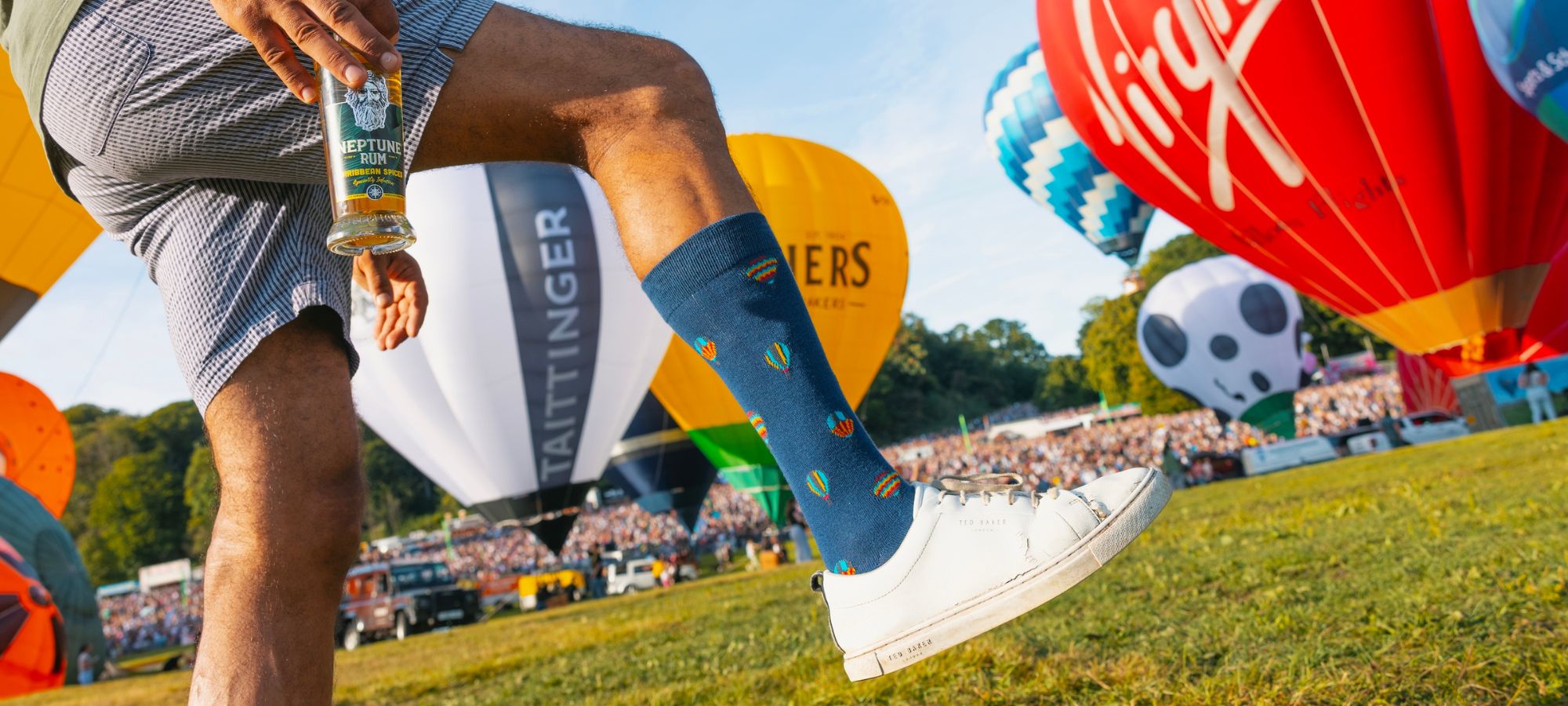
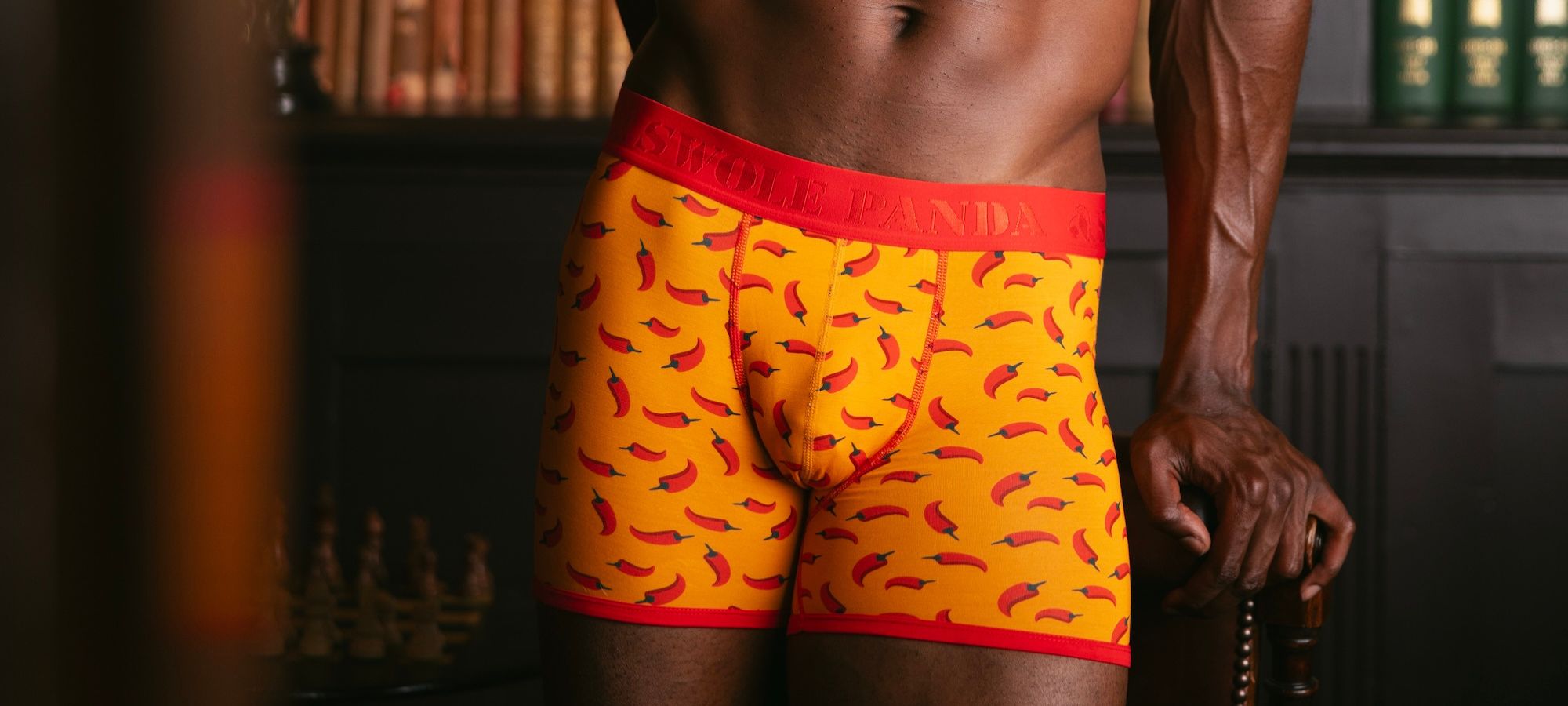
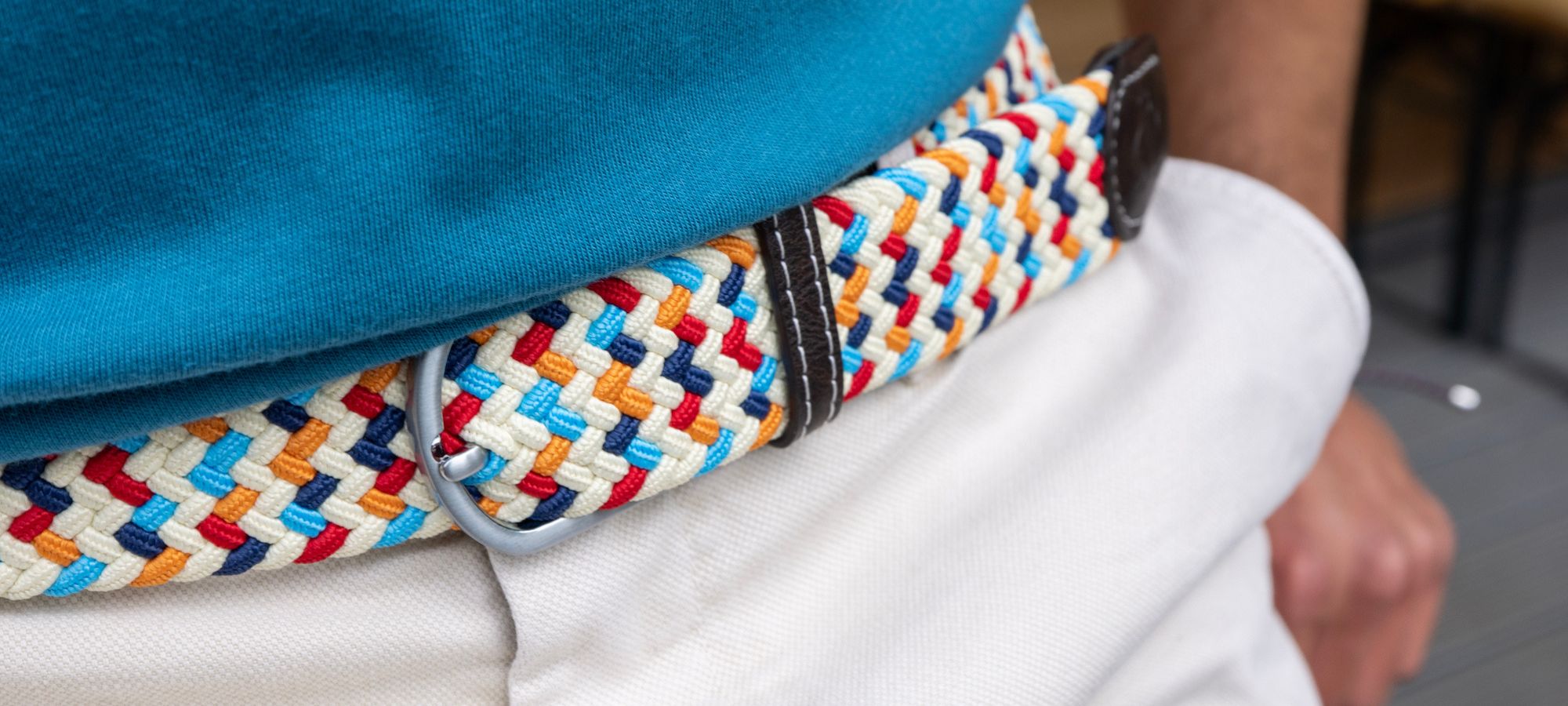
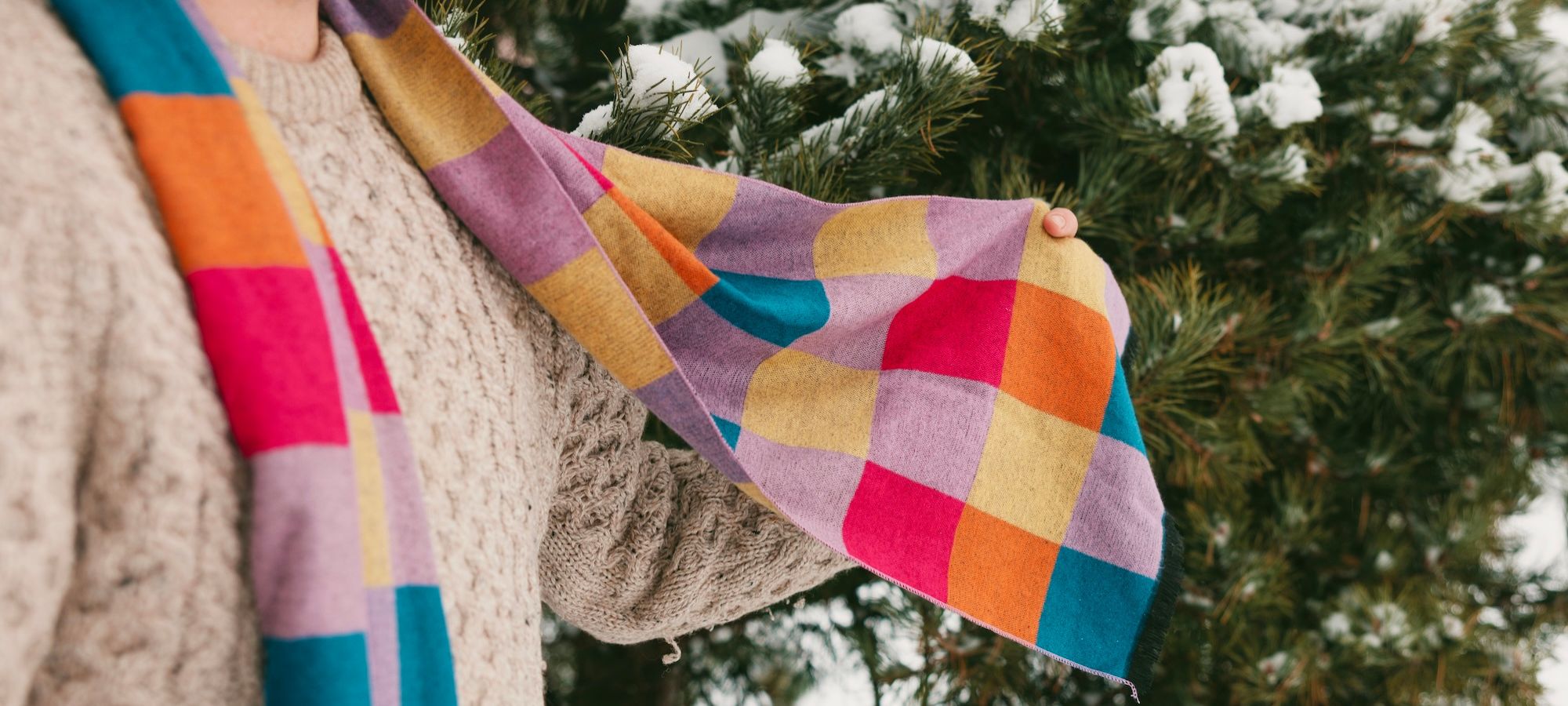
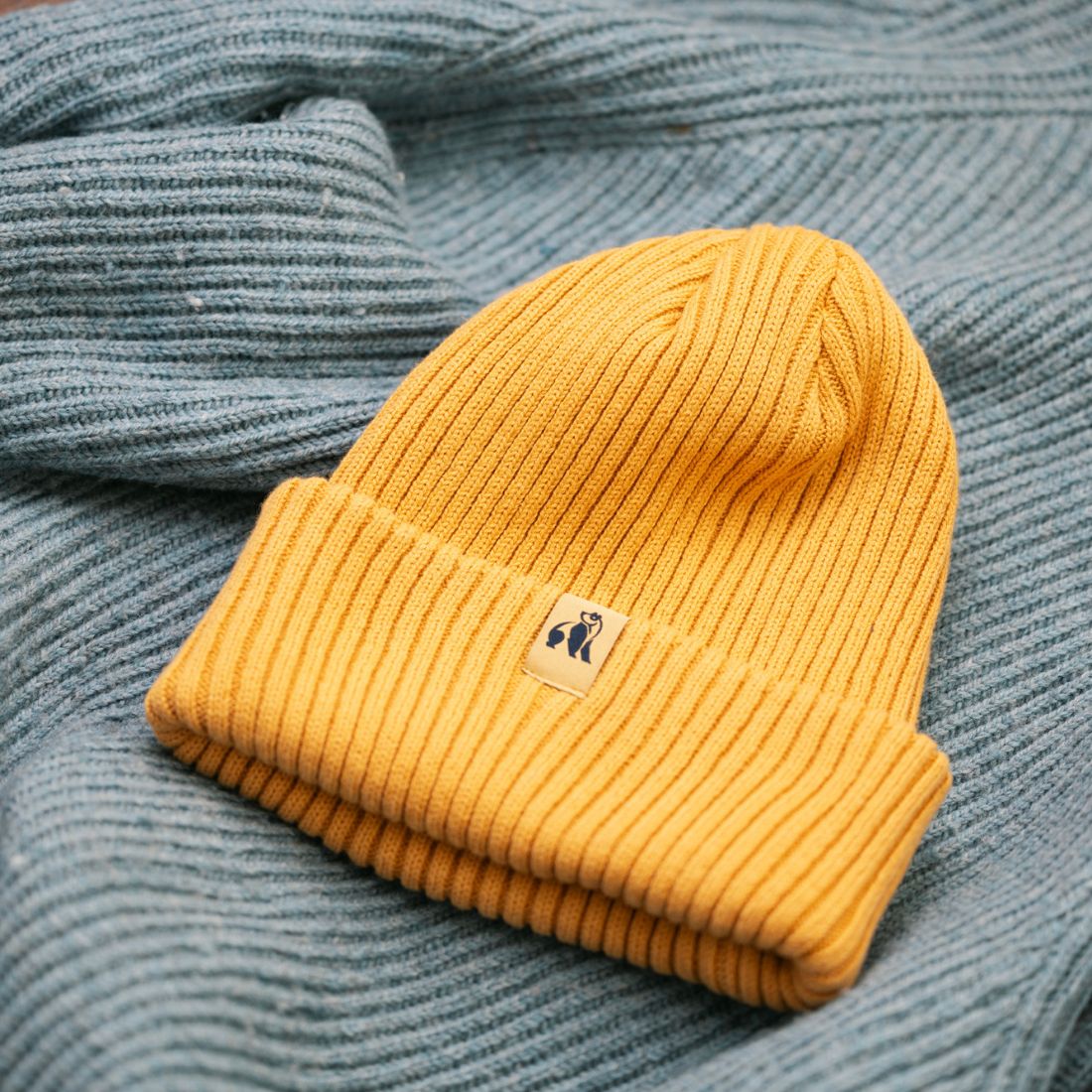
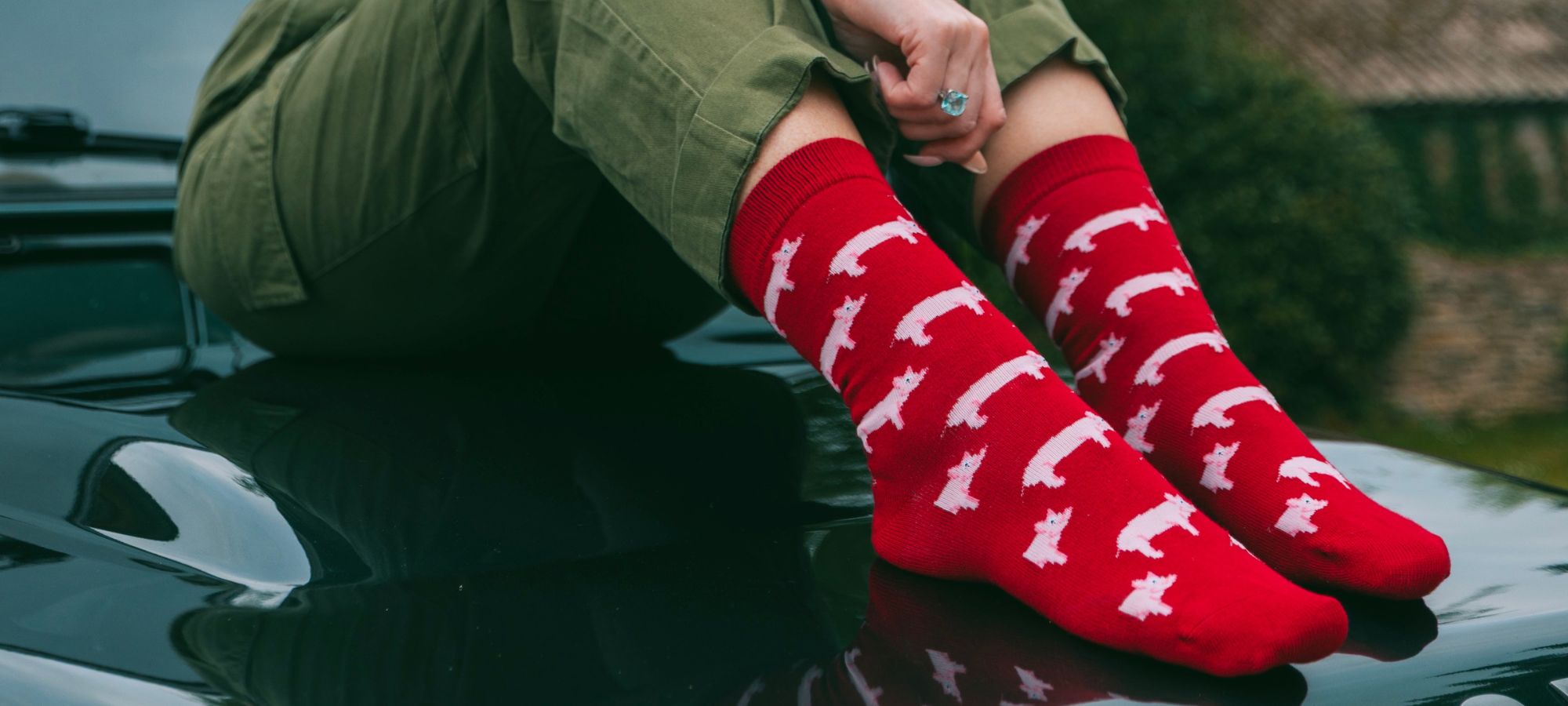
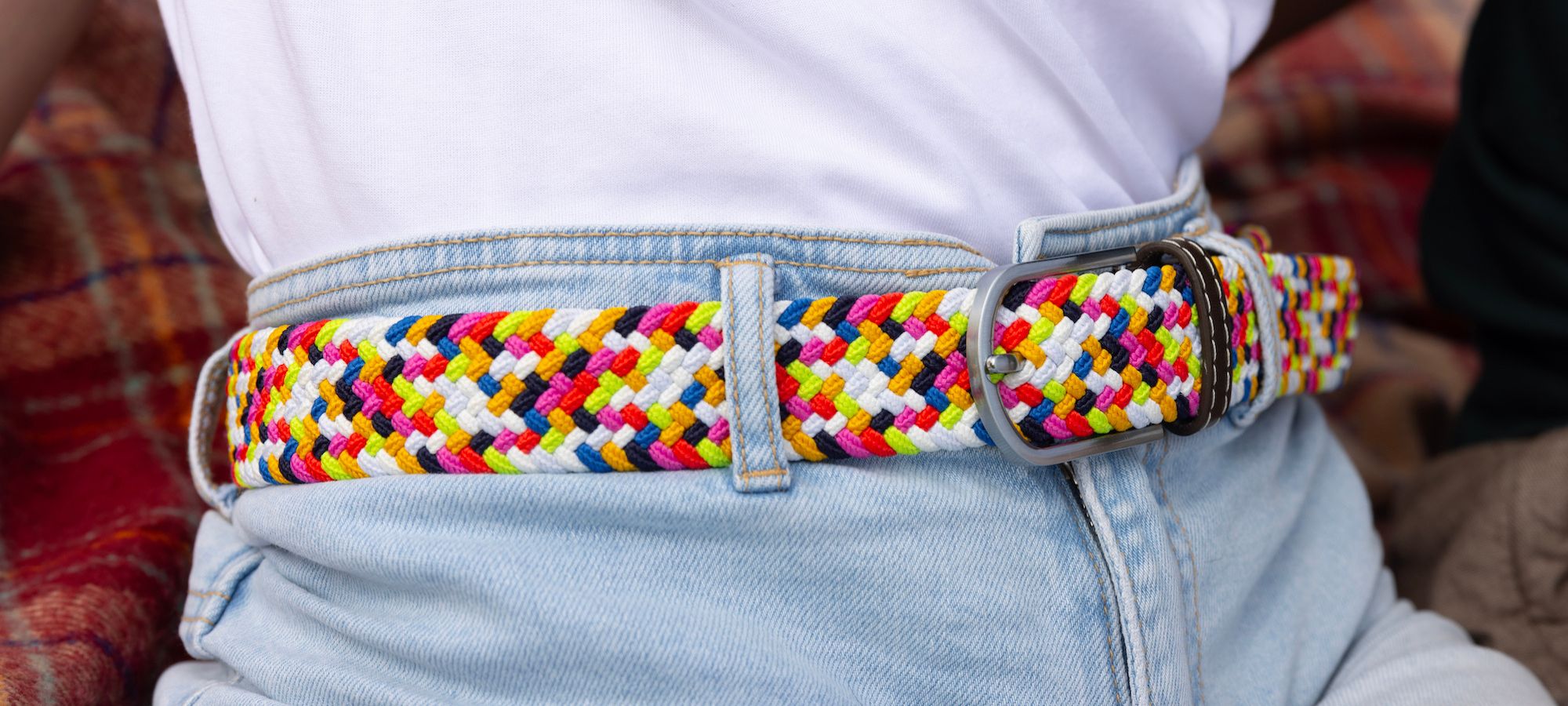
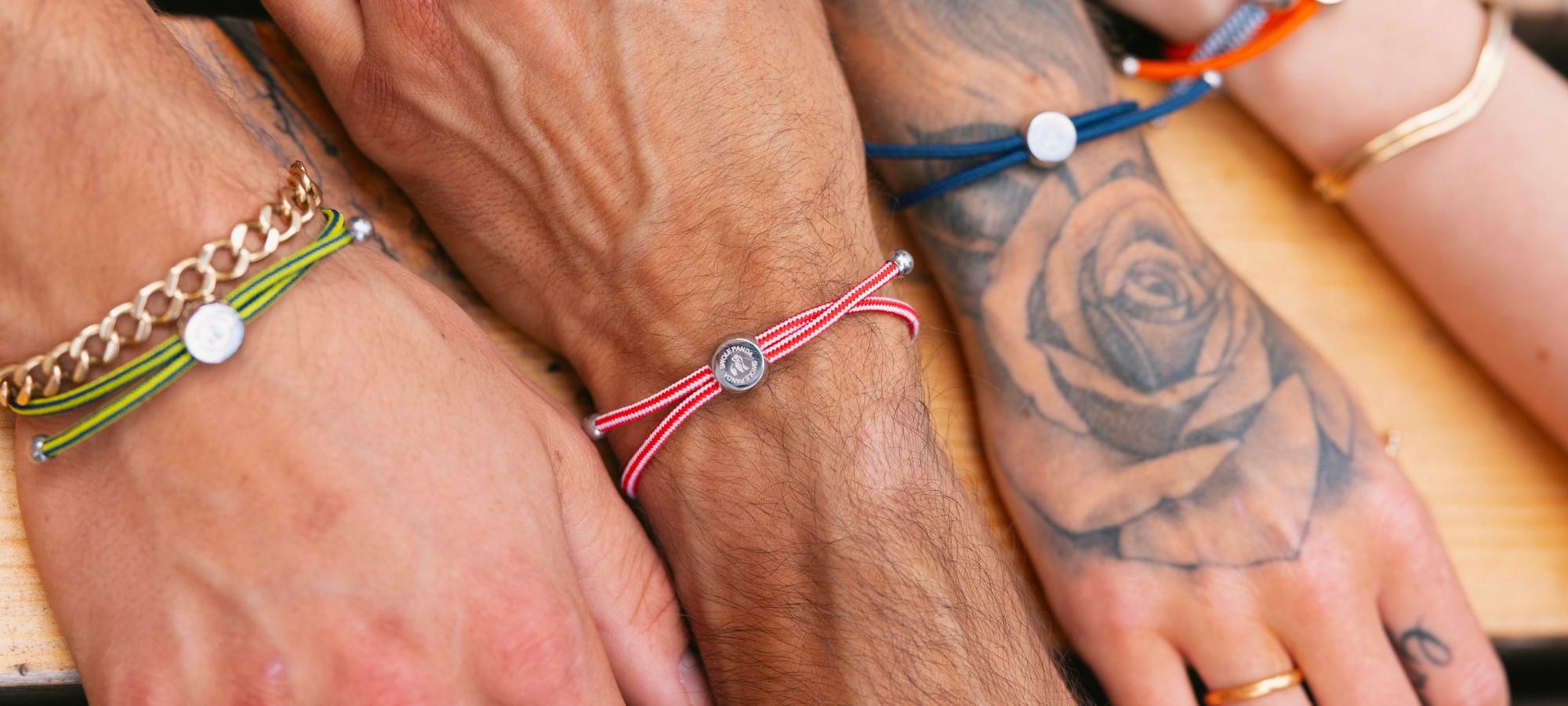
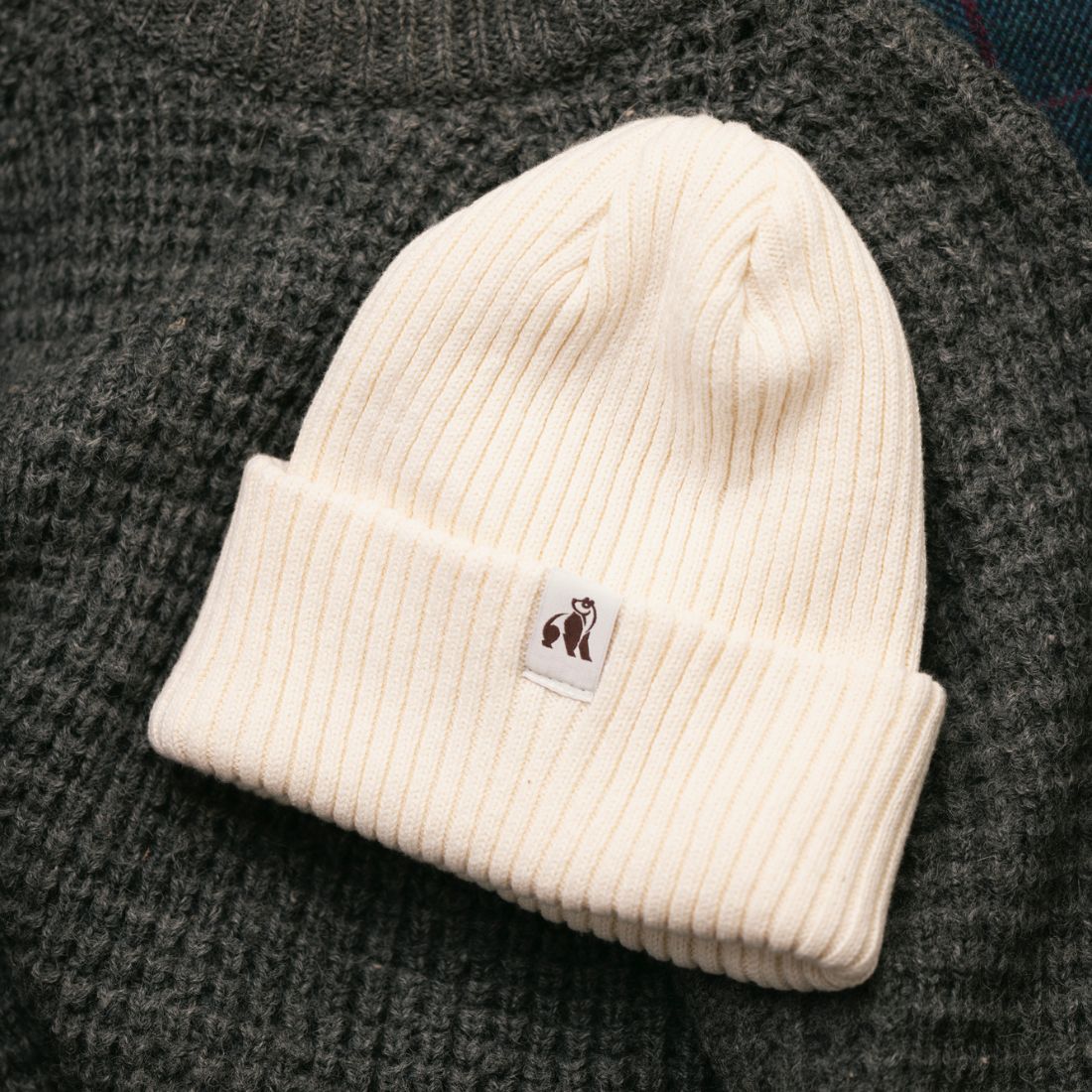

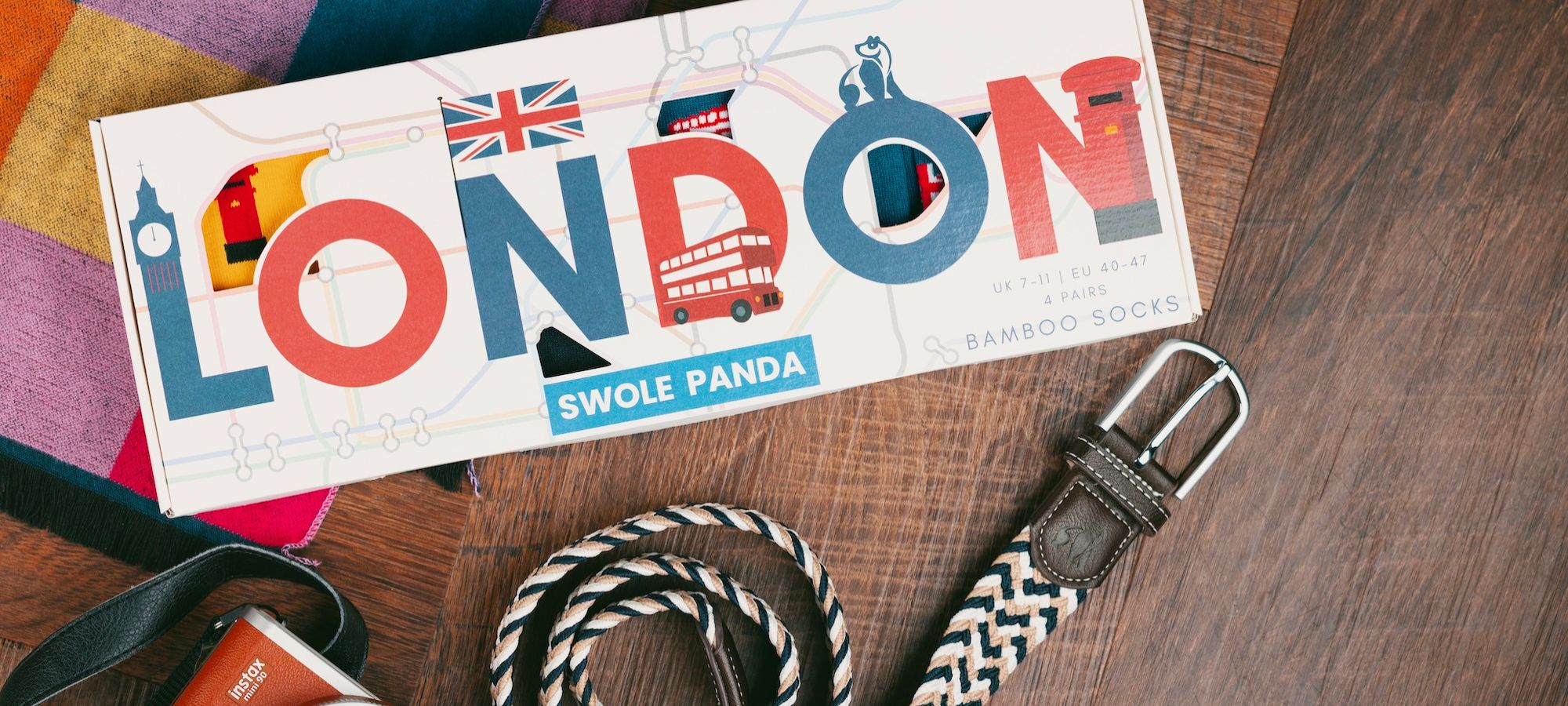
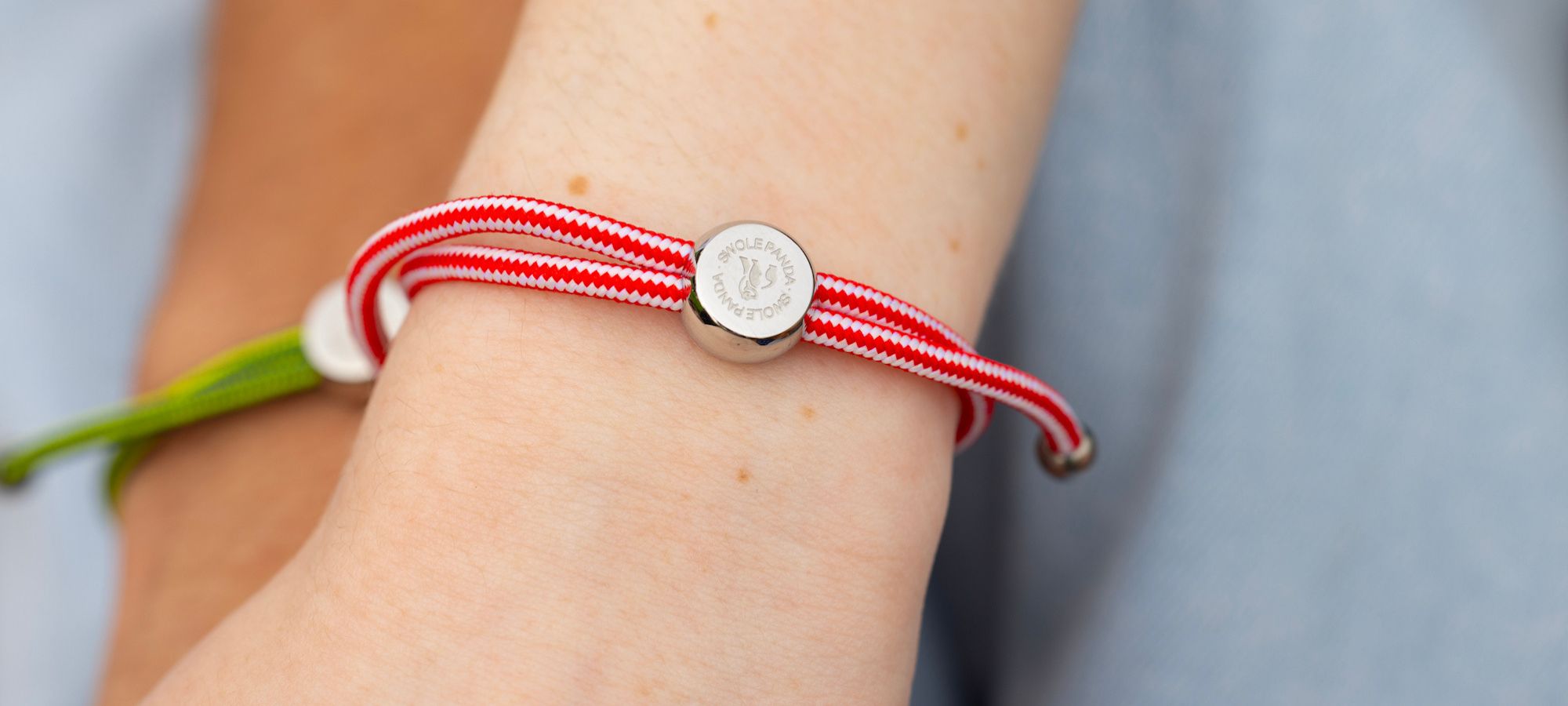
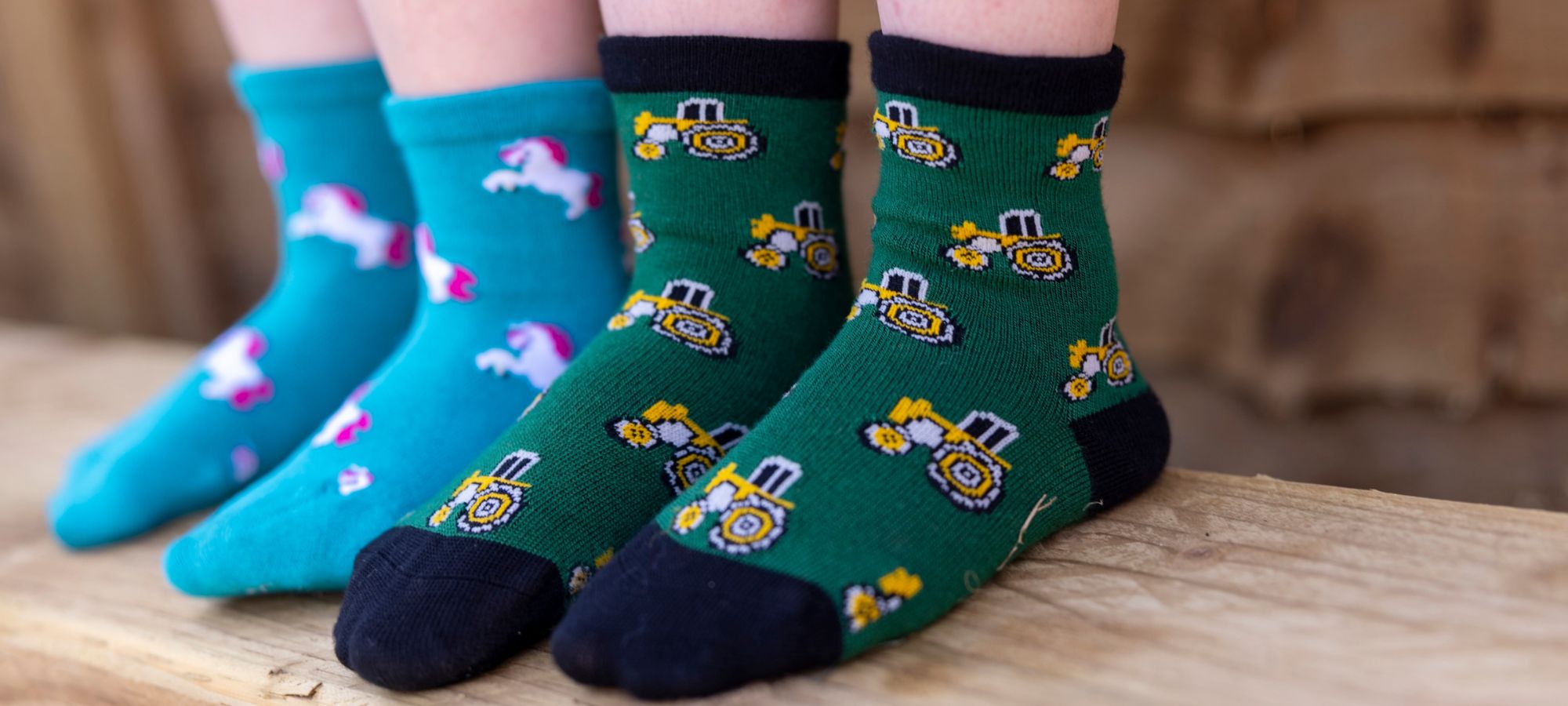
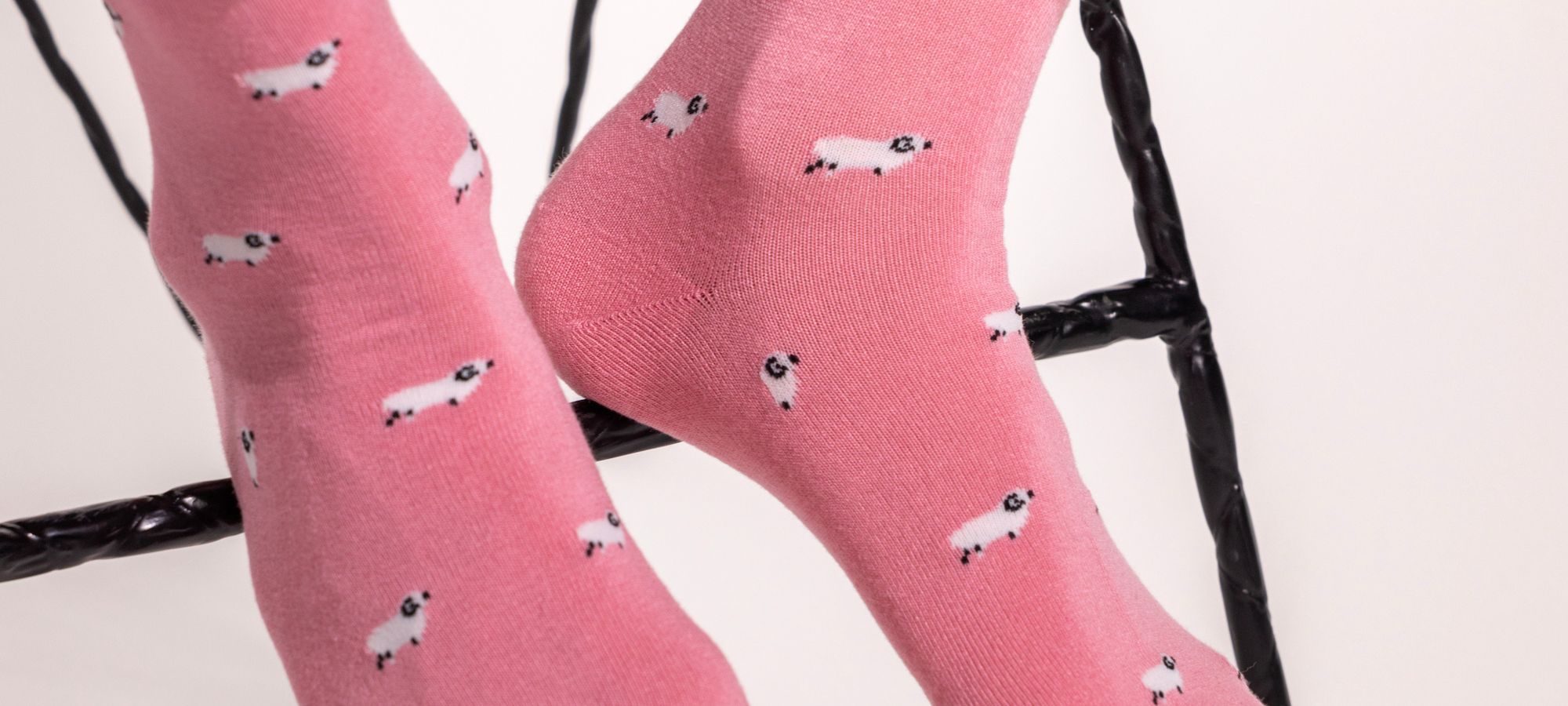

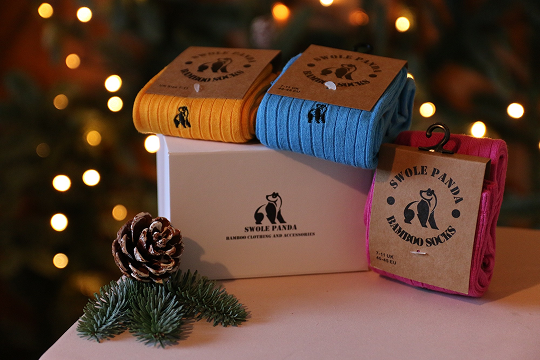





















Leave a comment